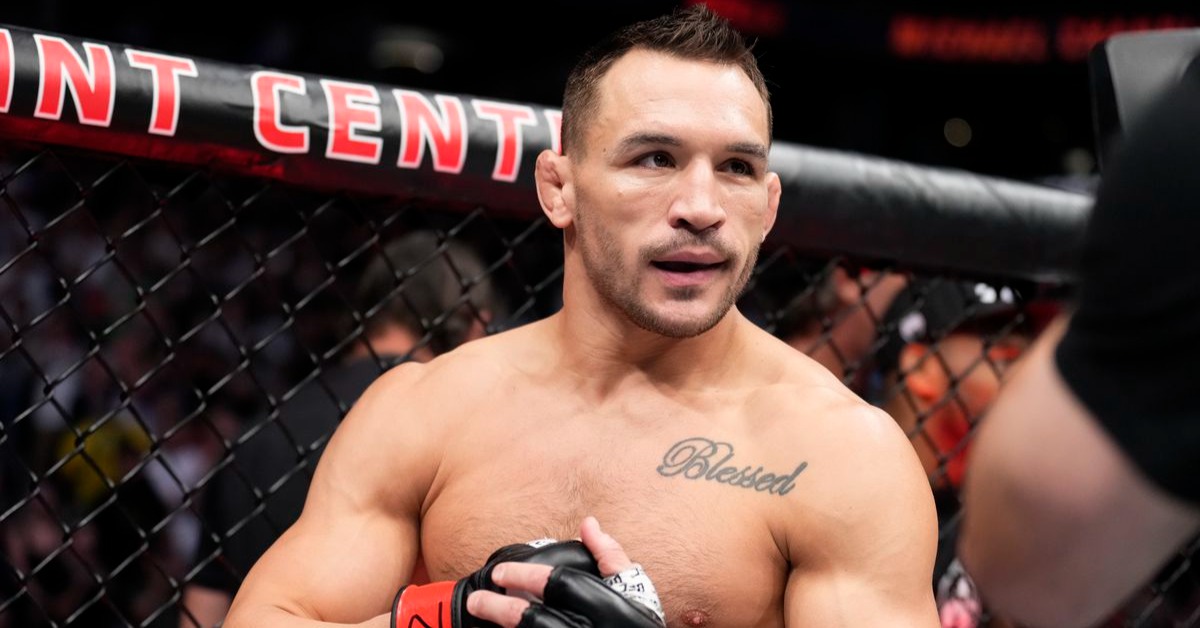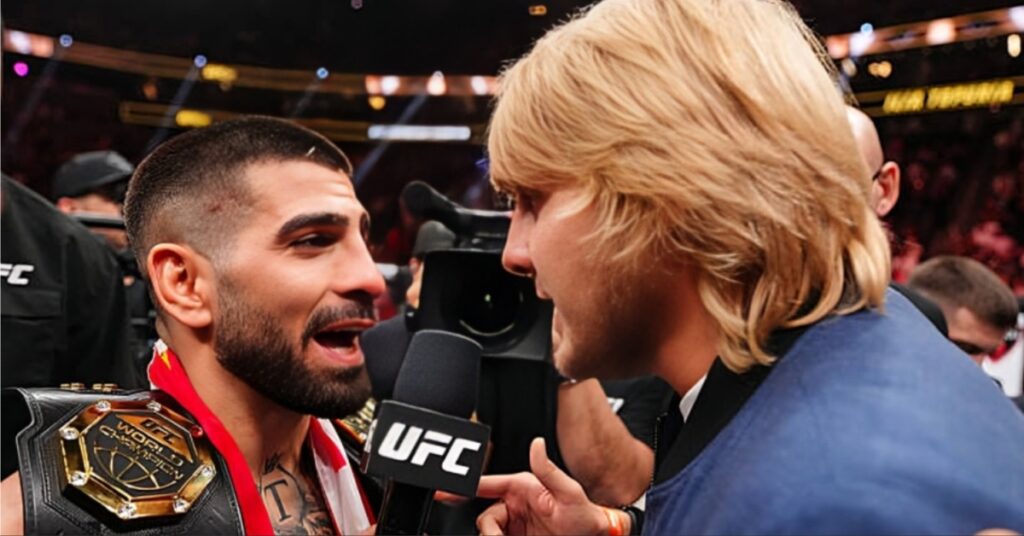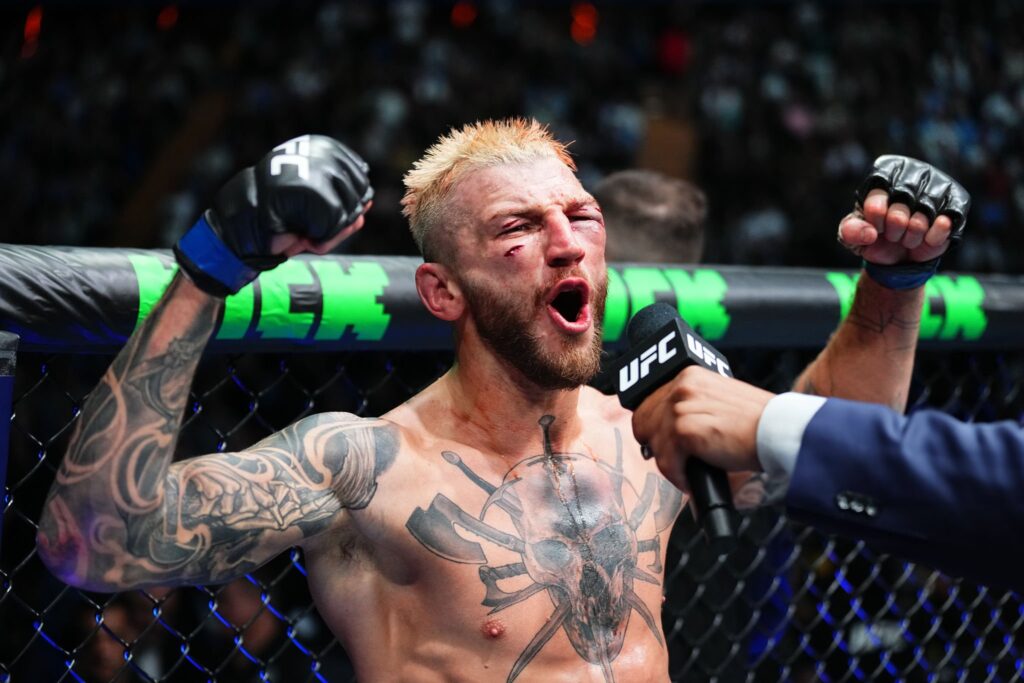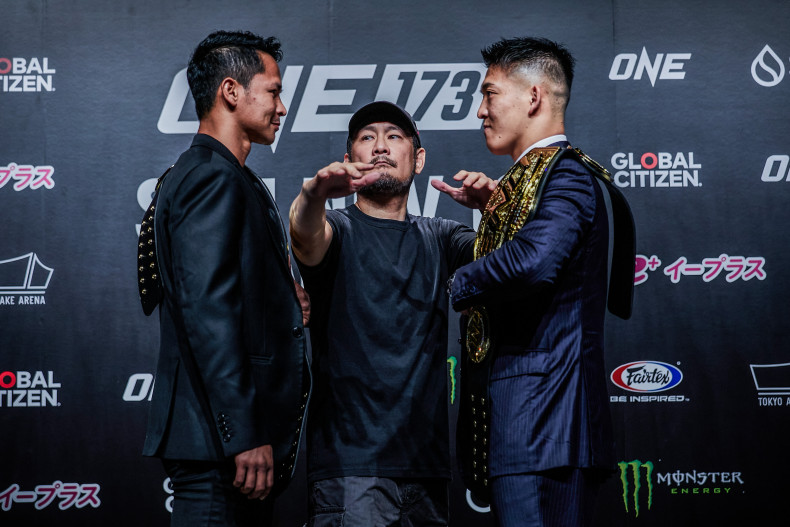Michael Chandler Defends UFC Fighter Pay Issue: ‘Dana White Has Had 10,000 Sleepless Nights’

UFC lightweight contender, Michael Chandler has defended the long-standing fighter pay issue regarding the organization, claiming that the promotional president, Dana White has faced multiple “sleepness nights” – while fighters can just rest their head on their pillows after attending practice.
Michael Chandler landed his second UFC victory earlier this month with a win against Tony Ferguson
Chandler, the current #5 ranked lightweight contender under the promotion’s banner, managed to land a spectacular second round knockout victory earlier this month – stopping former interim titleholder, Tony Ferguson with a front kick at UFC 274 in Phoenix, Arizona.
However, prior to his matchup with Ferguson, Chandler spoke on the notorious issue of fighter pay and compensation in the organization with actor, Jeremy Piven – claiming that people on “lower rungs” of the proverbial ladder would rather cast criticizm on those with a higher standing.
“I always think that there’s people on the lower rungs of society always throwing rocks at the people above them, when it takes the same amount of energy to reach up and grab the next rung to pull themselves up,” Michael Chandler said on How u Livin’ J Piven.
“People think that we should make a lot more money because the UFC makes a ton of money on their shows,” Michael Chandler explained. “Well he UFC’s been at it since 1993. Dana White has had a 100,000 sleepless nights when us fighters are just showing up to practice, going to bed, laying our head on the pillow.” (Transcribed by John S. Nash)
Previously, undisputed bantamweight champion, Aljamain Sterling questioned if the UFC would be financially stricken if they increased the reported fighter revenue share of 17% by an extra 5%, as he voiced his dismay with the current payment structure.
“It’s a public company, so we get to see those numbers,” Aljamain Sterling said. “You mean to tell me if you give us an extra 5 per cent (revenue) that’s gonna kill you guys? …an extra 5 per cent of upwards of $900,000,000? I don’t know the exact number, upwards of over $800,000,000 dollars? …I think you guys will survive. I think that’s the best way I could put that. It’s not being greedy.”






